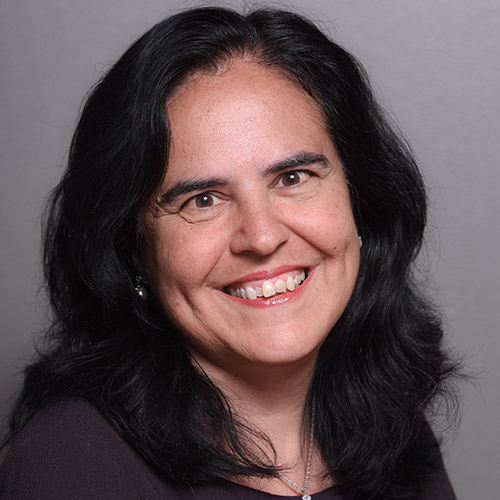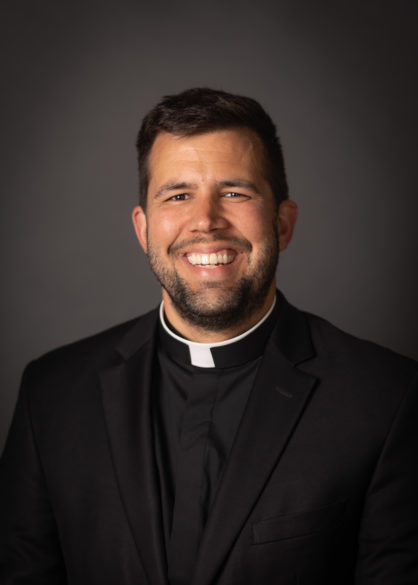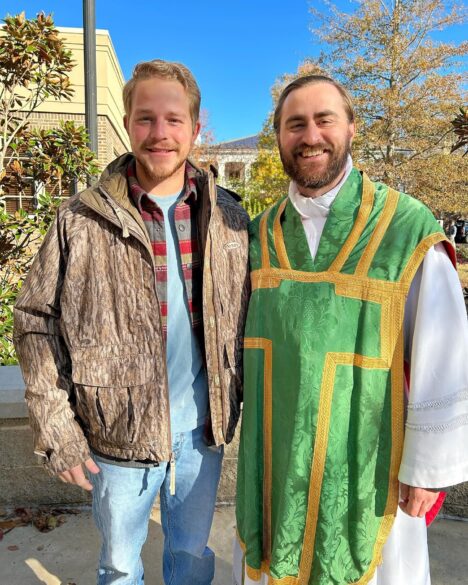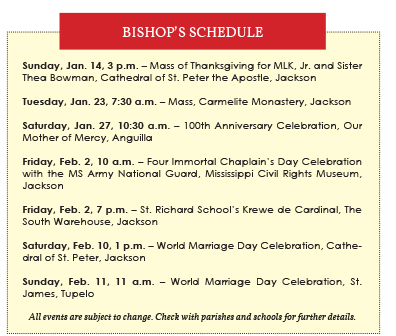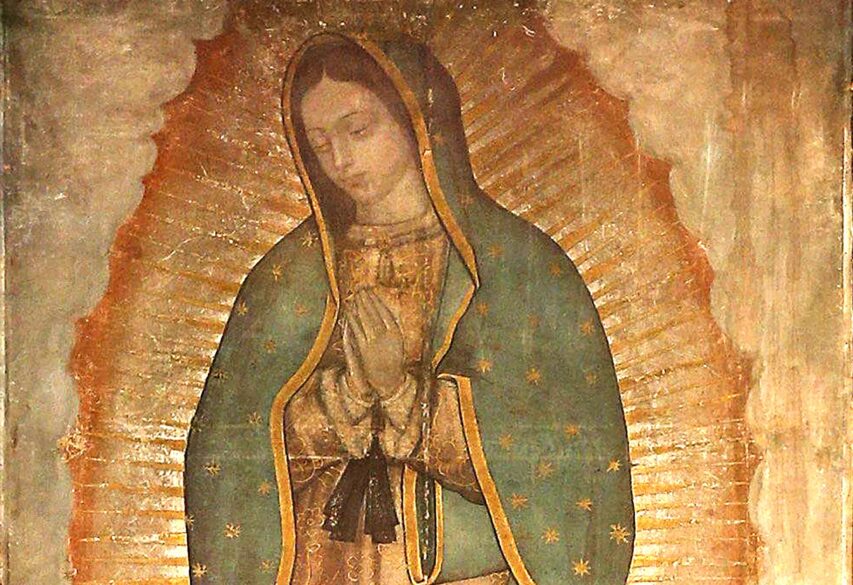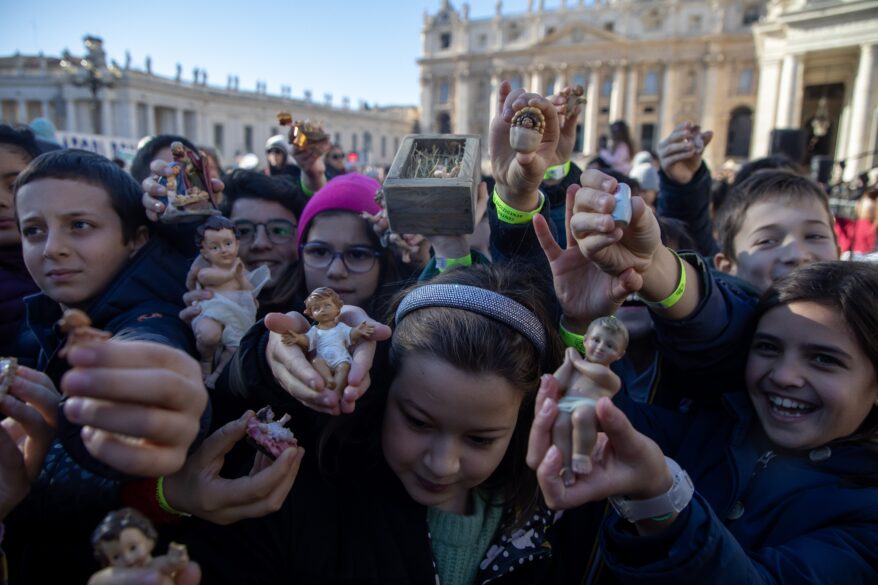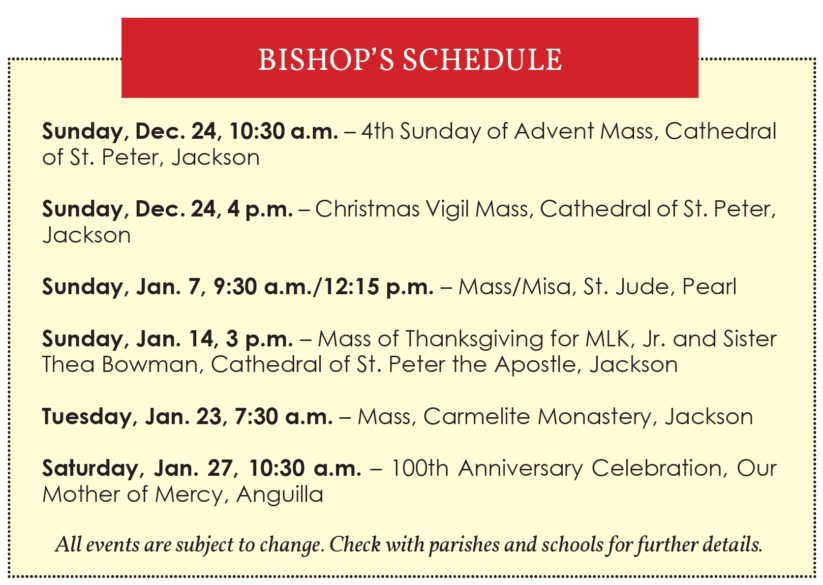Por Ron Rolheiser
Una teología sólida y una ciencia sólida reconocerán que la ley de la gravedad y el Espíritu Santo son uno en el mismo principio.
No hay un espíritu diferente al de lo espiritual que sustenta lo físico. Hay un espíritu que habla tanto a través de la ley de la gravedad como del Sermón del Monte.
Si reconociéramos que ese mismo Espíritu está presente en todo, en la creación física, en el amor, en la belleza, en la creatividad humana y en la moral humana; podríamos mantener más cosas juntas en una tensión fructífera en lugar de ponerlas en oposición y que los diferentes dones del Espíritu de Dios luchen entre sí.
¿Qué quiere decir esto?
Tenemos demasiadas dicotomías nocivas en nuestras vidas. Con demasiada frecuencia nos encontramos eligiendo entre cosas que no deberían estar en oposición entre sí y nos encontramos en la infeliz posición de tener que elegir entre dos cosas que son buenas en sí mismas.
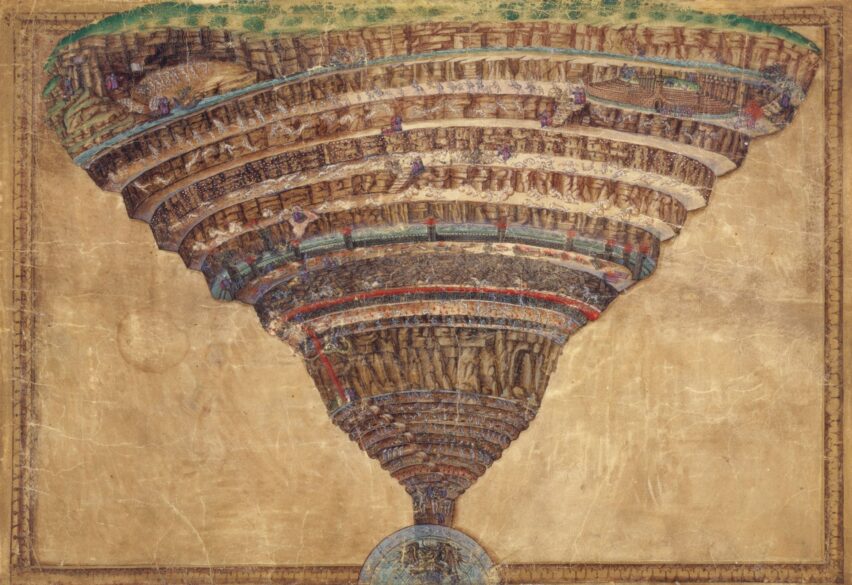
Vivimos en un mundo en el que, con demasiada frecuencia, lo espiritual se opone a lo físico, la moralidad se opone a la creatividad, la sabiduría se opone a la educación, el compromiso se opone al sexo, la conciencia se opone al placer y la fidelidad personal se opone a la creatividad. y éxito profesional.
Obviamente hay algo mal aquí. Si una fuerza, el Espíritu de Dios, es la única fuente que anima todas estas cosas, entonces claramente no deberíamos estar en una posición de tener que elegir entre ellas. Idealmente deberíamos elegir ambos porque el mismo Espíritu sustenta a ambos.
¿Es esto cierto? ¿Es el Espíritu Santo a la vez la fuente de la gravedad y la fuente del amor?
Sí. Al menos si hay que creer en las Escrituras.

Nos dicen que el Espíritu Santo es una fuerza física y espiritual, la fuente de toda fisicalidad y de toda espiritualidad al mismo tiempo. Encontramos por primera vez a la persona del Espíritu Santo en la primera línea de la Biblia: En el principio había un vacío informe y el Espíritu de Dios se cernía sobre el caos. En los primeros capítulos de las Escrituras, el Espíritu Santo se presenta como una fuerza física, un viento que proviene de la misma boca de Dios y que no sólo da forma y ordena la creación física sino que también es la energía que se encuentra en la base de todo lo animado. e inanimados por igual: Quita el aliento, y todo vuelve al polvo.
Los antiguos creían que había un alma en todo y que esa alma, el aliento de Dios, mantenía todo unido y le daba significado.

Creían esto a pesar de que no entendían, como lo hacemos hoy, el funcionamiento del mundo infraatómico: cómo las partículas y ondas de energía más pequeñas ya poseen cargas eléctricas eróticas, cómo el hidrógeno busca oxígeno y cómo, en el nivel más elemental, de la realidad física las energías ya se están atrayendo y repeliendo unas a otras tal como lo hace la gente.
No podían explicar estas cosas científicamente como nosotros podemos, pero reconocieron, al igual que nosotros, que ya existe alguna forma de “amor” dentro de todas las cosas, por inanimadas que sean. Todo esto lo atribuían al soplo de Dios, un viento que sale de la boca de Dios y que en última instancia anima las rocas, el agua, los animales y los seres humanos.
Entendieron que el mismo aliento que anima y ordena la creación física es también fuente de toda sabiduría, armonía, paz, creatividad, moral y fidelidad.
Se entendía que el aliento de Dios era tan moral como físico, tan unificador como creativo y tan sabio como audaz. Para ellos, el soplo de Dios era una fuerza y no se contradecía.
El mundo físico y el espiritual no estaban enfrentados entre sí. Se entendía que un Espíritu era la fuente de ambos.
Necesitamos entender las cosas de la misma manera. Necesitamos dejar que el Espíritu Santo, en toda su plenitud, anime nuestras vidas. Lo que esto significa concretamente es que no debemos dejarnos energizar e impulsar demasiado por una parte del Espíritu en detrimento de otras partes de ese mismo Espíritu.

Así, no debería haber creatividad sin moralidad, educación sin sabiduría, sexo sin compromiso, placer sin conciencia, ni logros artísticos o profesionales sin fidelidad personal.
Lo que es más importante, no debería haber una buena vida para algunos si no hay justicia para todos.
Sin embargo, a la inversa, debemos desconfiar de nosotros mismos cuando somos morales pero no creativos, cuando nuestra sabiduría teme la educación crítica, cuando nuestra espiritualidad tiene problemas con el placer y cuando nuestra fidelidad personal se muestra demasiado defensiva frente al arte y al logro. Un Espíritu es el autor de todos estos. Por tanto, debemos ser igualmente sensibles con cada uno de ellos.
Alguien una vez bromeó diciendo que una herejía es algo que tiene nueve décimas partes de verdad. Ese es nuestro problema con el Espíritu Santo. Siempre nos quedamos en una verdad parcial cuando no permitimos una conexión entre la ley de la gravedad y el Sermón del Monte.
(El padre oblato Ron Rolheiser es teólogo, maestro y autor galardonado. Se le puede contactar a través de su sitio web www.ronrolheiser.com. Facebook/ronrolheiser)


